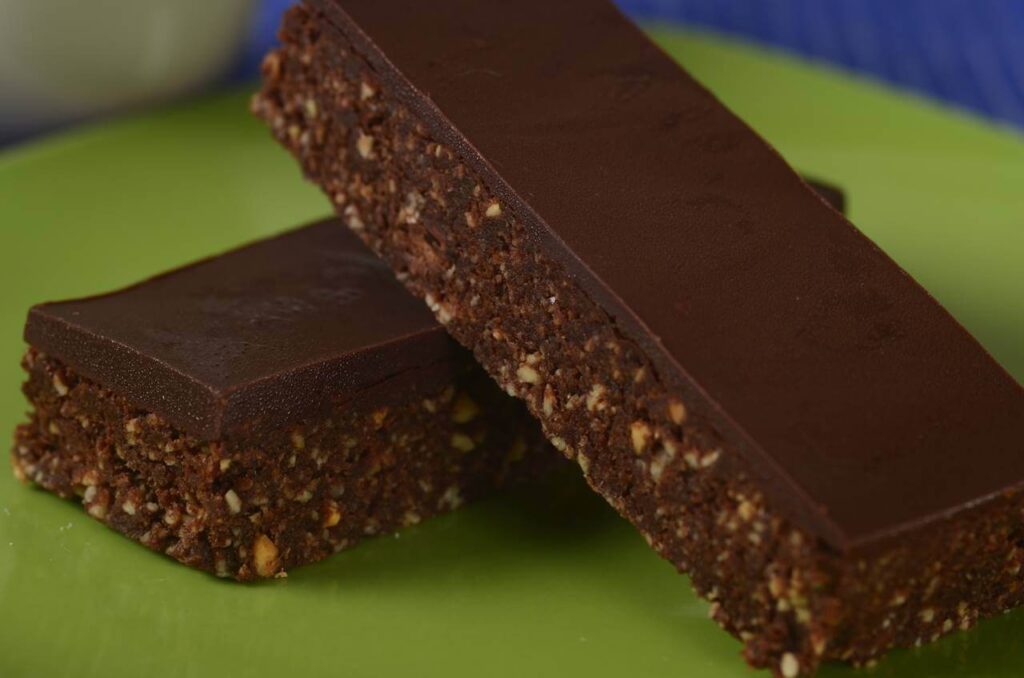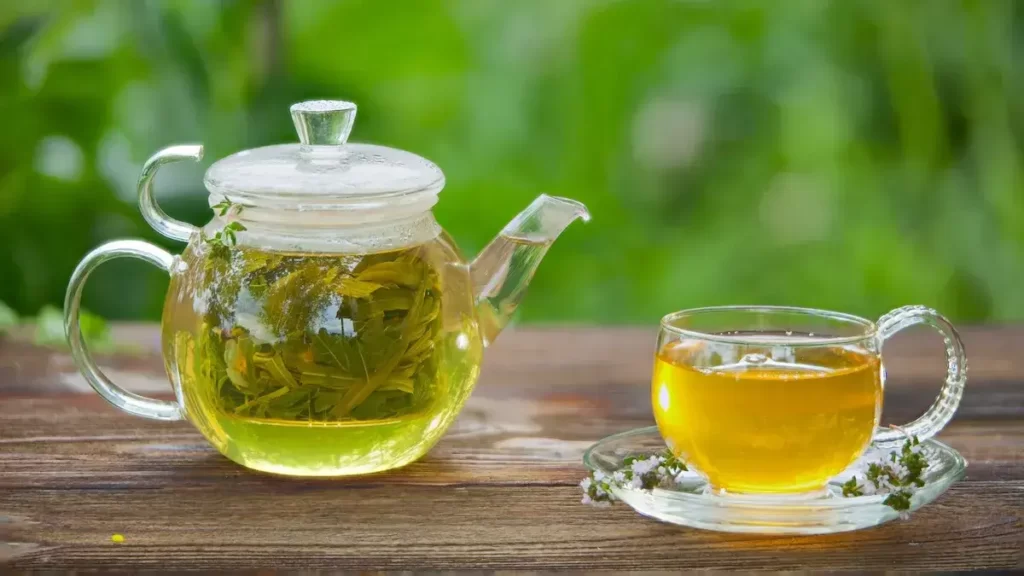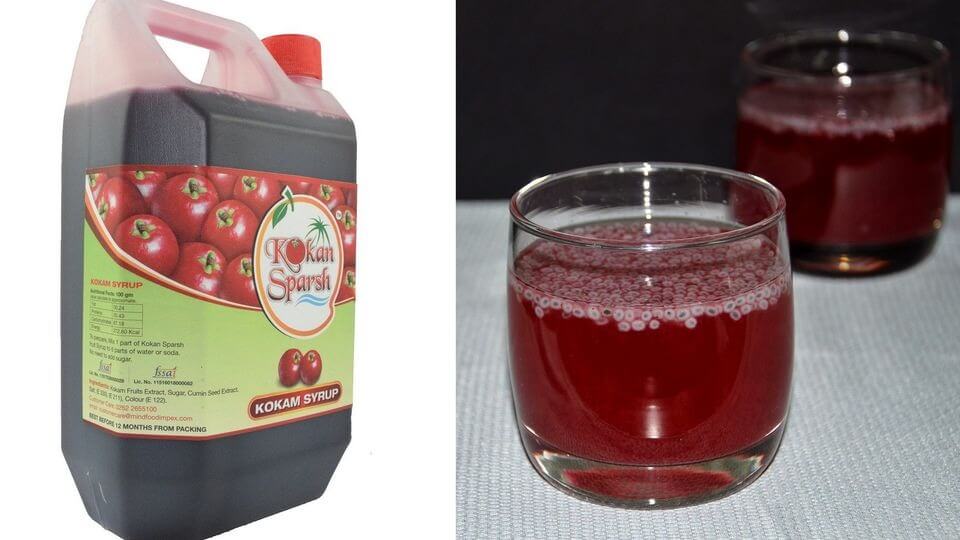As a trip leader of DarkGreen Adventures (#DGA), I answer this query to many people every day. Before you start imagining the episodes of “Man vs Wild” let me tell you that this article is neither a survival guide nor it is intended for high altitude mountaineers. This article is envisioned for typical Indian scenarios in rural and mountainous areas. Beginner trekkers like you and I go to mountains only for few days and often the surrounding base villages provides food. We also have opportunities to carry some ready to eat foods in our bags from starting points. But unfortunately we end up devoting more time for packing our apparels than pondering over “What should i eat?”

First let us understand few facts.
Indian Food:
Grains and pulses dominates the village food and it is rich in carbohydrates. Carbohydrates is a vital nutrient but you don’t need to worry about it as long as you are not skipping your meals. It is the deficiency of other nutrients in food which is a matter of concern. The gravies/curries are by default spicy at most places
What you need:
First of all, proper hydration (water and minerals) is much more important than food during trek. We can survive without food much longer than without proper hydration. Secondly it is more important to have hygienic and moderate food rather than having too spicy, oily or sugar rich food.
Now let us discuss some of the common food and drinks during trek.
Alcohol: Worst thing to consume during trek
Don’t judge me. I love alcohol and those chilling moments too. However I have understood and accepted that it is not supposed to be taken during trek. One of the common misconceptions regarding alcohol is that it makes you warm. No, it doesn’t. It only makes your skin layer warmer at the cost of core body temperature due to increased blood flow. You will definitely feel warmer for some time but later your body will suffer more.

Alcohol is a proven diuretic substance. In simple words it will dehydrate your muscle and your performance will definitely decrease. It also reduces your body’s ability to acclimatize in new environment. So keep the bottle away for post-trek celebrations at home.
Soda/Colas: Avoid completely
Bottled drinks have very good marketing and supply management. They have penetrated so well that they are now available at tiniest of villages. It is one of the worst thing mankind has created for himself. Drinking the dew won’t make you confident. Please avoid it and drink something else.

Chips/Wafers/Namkeens: Avoid completely
Just like colas, these things are available at all places. It is a very bad but easily available source of food. It will increase “loss of appetite”, “acidity”, “dehydration” etc. and will provide fats and carbohydrates which you can also get easily from other foods.
Maggi and other noodles: Avoid
Best thing about Maggi is that it can be cooked almost anywhere. Having it once in a while is okay but don’t depend on it. It has lots of hydrogenated oil and won’t provide much nutrient. The little amount of dehydrated vegetables in Masala pouch is just an eye-wash. Remember that even Atta noodles and Multi-Grain noodles have Maida as a major ingredient.

Samosa/Pakoda/Other Fried food: Avoid
It is okay to have 1-2 pieces but don’t feast on it. You always think about the brand and health effects while buying cooking oil from supermarket. Did you ever think of the oil used to make samosas? Moreover Samosa and Pakoda are wrapped with Maida and Besan respectively. Both are fibre deficient and bad for health.
Biscuits and Cookies: Depends
It is not as bad as chips but still not a great source of food. It is okay to munch on few pieces but don’t take an overdose. It often contains lots of hydrogenated oil and sugar.
Chocolates/Cheese: Depends
Good if consumed in moderate quantities. Energy bars are better choice than regular chocolates. The source and ingredients makes lots of difference in Chocolates.

Tea/Coffee: Good
Green tea and black tea/coffee are very good, particularly for Himalayan treks and long road trips. Tea with sugar and milk is also good. Just avoid over consumption of sugar.

Roti-Sabji, Dal-bhaat: Good
This will provide you most of the essential nutrients. You should watch out for the cooking style. Insist for freshly boiled rice, well roasted rotis, and more of locally grown vegetables in curries/gravies. Tell the cook to use moderate or less oil and spices. Having spicy food is not bad if you are used to it but it may lead to acidity.

Chicken/Mutton/Fish: Good
A good source of protein and other nutrients. You can ask for desi/organic chicken which is more nutritious. It is the cooking and serving method which is a spoiler. In most villages, you will get a small piece of meat soaked in lots of spicy gravy.

Juice Packets: Good
Some people may argue that fresh fruits and juices are better which is agreeable. Most likely you won’t get those luxuries in rural areas so it’s better to carry your own juice packets, preferably those without added sugar in it. Juice packet has an advantage that you don’t need to worry about germs as long as the packet is intact. It will provide you hydration along with many necessary vitamins and minerals. It will make your bag heavier but as a trekker you are not supposed to complain about little extra weight in your bag.
Milk/Dahi/Buttermilk: Very good
Opt for buttermilk if you are trekking in hot climate. Opt for hot milk with Ginger, cardamom and clove etc. if trekking in Himalayas. You can carry small packets of these spices because it may not be available in small villages. But avoid all dairy products during long road trips.

Eggs: Excellent
Availability of eggs is not possible everywhere but it is a very good source of almost all necessary nutrients. Just avoid making it too oily and spicy.

Nimbu Pani, Kokum, Buransh and other local drinks: Excellent
Most of these drinks are made from fruit crushes and good source of hydration. It is a very good alternative for the colas and consumed during treks as well as road trips. Don’t use soda water and avoid over consumption of sugar in these drinks.

Dry Fruits: Best
Nothing can beat dry fruits during trekking and travelling. It is easy to carry, non-perishable and very nutritious. Try to carry a mix of dates, almonds, pistachio, raisins etc.

Electral/Enerzal Powder/Sports drink: Best
As mentioned, hydration is more important than food. There are many types of powder and drinks available in market with varying levels of glucose. You can simply mix it in your bottle and sip it along the trek route. It will maintain the balance of salt and water in your body.
Please note that Glucon-D, Tang etc. are different from Electral. It is okay to have them but they don’t serve the purpose of hydration in treks. Don’t be in misconception that you need instant energy from these powders.
Disclaimer:
I am neither a dietitian nor have I done research on nutrition. The above facts are compiled based on my own experience and on food options generally available during travel/trek. It is not meant for our daily life routines. People with specific food requirements can do their due diligence for travel food.


